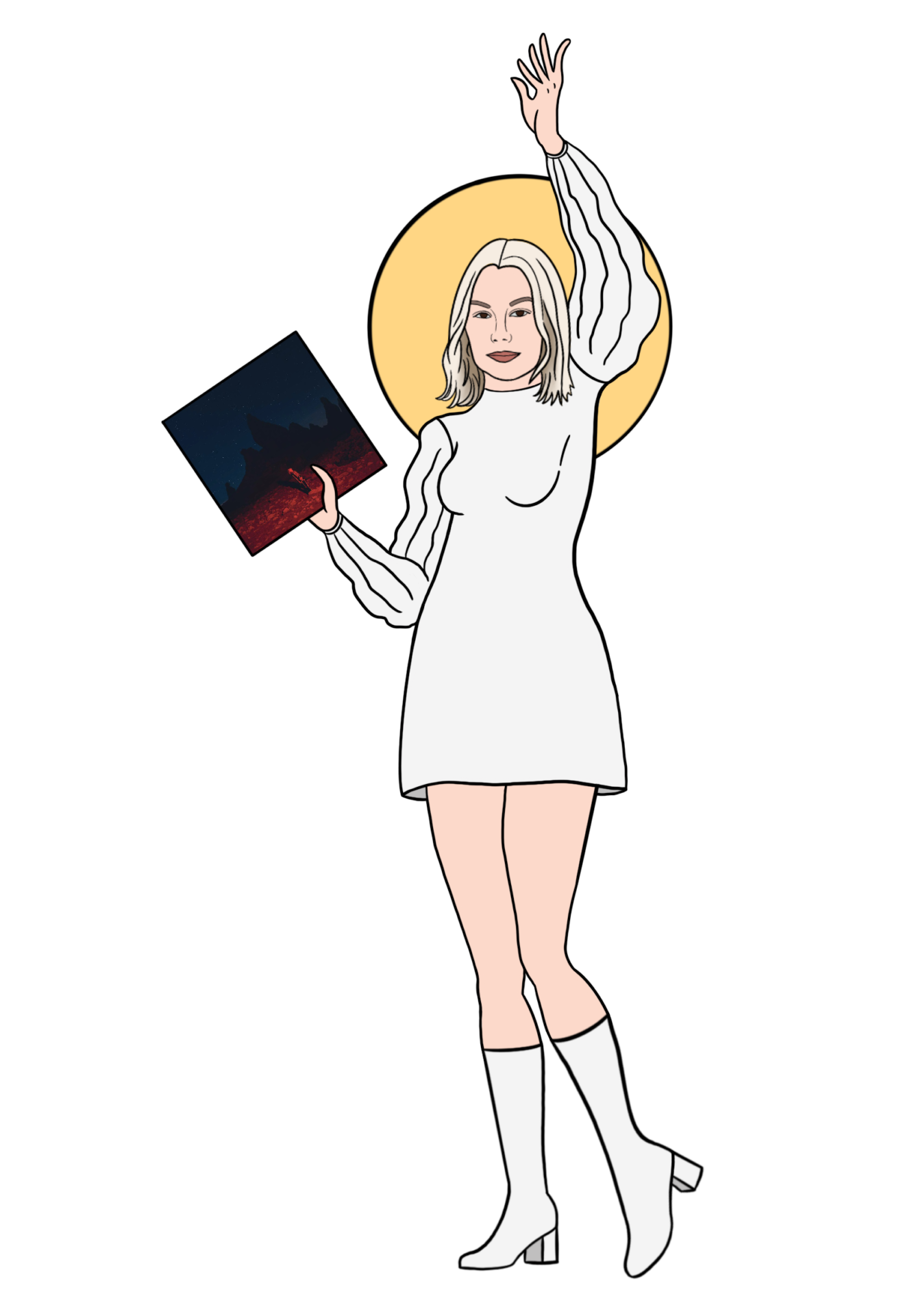
In June 2020, Los Angeles-based singer-songwriter Phoebe Bridgers released her sophomore album, “Punisher.” The album has been described as an emo-folk record that can jerk the tears out of any stressed-out college kid. To cope with the COVID-19 pandemic, the lack of Yerba Mate due to grocery store shortages and other tragic world events, Lewis & Clark students often put in their AirPods to listen to Bridgers’ new, depressing music. However, there has been a growing concern among LC’s Wellness Center staff about students’ mental health.
“It is alarming that our students have gravitated to Bridgers and other self-destructive, depressing artists,” LC Psychologist Cadence Schmidt said. “Unfortunately, I think it reflects a bigger problem at LC, which is a mental health crisis. If Bridgers keeps releasing music, I do not see any light at the end of the tunnel.”
Schmidt is concerned with Bridgers’ songs about mental illness and coping mechanisms, such as “Graceland Too,” which tells the story of someone leaving the psychiatric ward and eventually resorting to ecstasy as a coping mechanism.
“The big concern is statements like ‘chew on our cheeks’ and ‘eating saltines’,” Schmidt said. “Not only is Bridgers’ music self-deprecating, but promoting the use of psychoactive drugs and the consumption of high-sodium food is not in our students’ best interest.”
Some LC students have been fans of Bridgers since she released her debut album, “Stranger in the Alps”, in 2017, another sorrowful, heartbreaking record.
“When I first listened to ‘Stranger in the Alps,’ it was in high school after I discovered what friend-zoning was and had to experience it myself,” Ambrosia Wilkenson ’22 said. “Listening to ‘Smoke Signals’ was my outlet and there was no going back after that.”
We attempted to interview Bridgers for this article but accidentally reached out to Phoebe Waller-Bridge instead. Unfortunately, we were not able to contact Bridgers in time for publication. Nonetheless, LC hopes to create a program called Better Outreach Community Center, a twist on Bridgers’ music project with similarly depressing singer-songwriter Conor Oberst called “Better Oblivion Community Center.” The program is accessible for all students regardless of their affiliation to Bridgers but makes sure that students do not fall down what Dr. Schmidt calls the “music for those lacking social skills pipeline.”
Despite the LC administration’s pushback against Bridgers, this epidemic does not seem like it will end in the near future. While faculty, staff and some students are putting faith into the Better Outreach Community Center to resolve this crisis, it is too soon to see the results materialize.
Subscribe to the Mossy Log Newsletter
Stay up to date with the goings-on at Lewis & Clark! Get the top stories or your favorite section delivered to your inbox whenever we release a new issue.

Leave a Reply